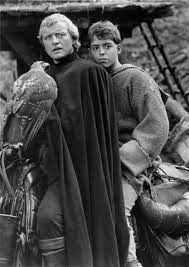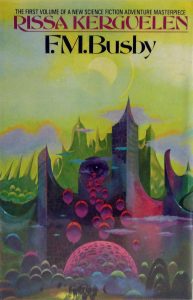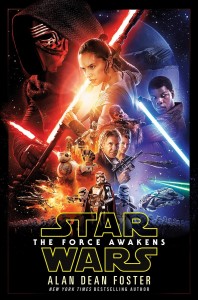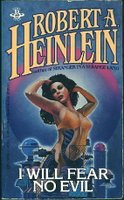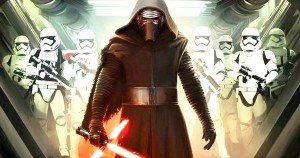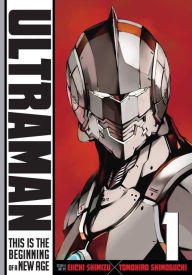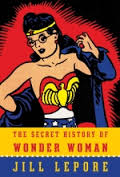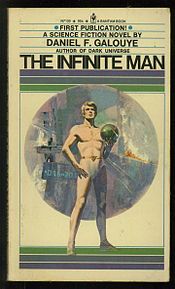Note: This is really long, comparatively, and contains spoilers for a film you’ve had 40 years to see. I apologize for nothing.
Before I get to discussing the film, a brief, perhaps self-serving anecdote:
I was performing, onstage at the Farpoint convention, with my group, Prometheus Radio Theatre. Lance Woods and I were playing Jim Kirk and Spock, as if they were roles essayed by Bing Crosby and Bob Hope in a (fictional) 1940s film called The Road to Orion. I was very proud of my script, and we had a great time with a lot of celebrity guests and in-jokes for the audience.
In that audience was one James Callis, star of Battlestar Galactica and the Bridget Jones films. Mr. Callis had been invited to perform, had declined, but had stayed to watch. After the show, his agent told me that he had spent the performance pointing wistfully at the stage and saying, “But I want to do that!”
Told you it was self-serving.
I can think of few forms of praise higher than being told that your work makes someone else say, “I want to do that!” When I first saw Richard Donner’s Ladyhawke, in 1985, it had that effect on me. I saw on the screen a story I desperately wished I could have told. And I promptly forgot that, and spent the ensuring years thinking of the film only when engaged in arguments about its soundtrack. (Best. Soundtrack. Ever. Fight me.)
But this past Friday, wanting to kick back and watch TV, my wife Renee and I chose Ladyhawke over all the newer content on our streaming services, probably because of the sheer novelty of seeing it show up on the top of Prime’s recommended content list.
Continue reading
